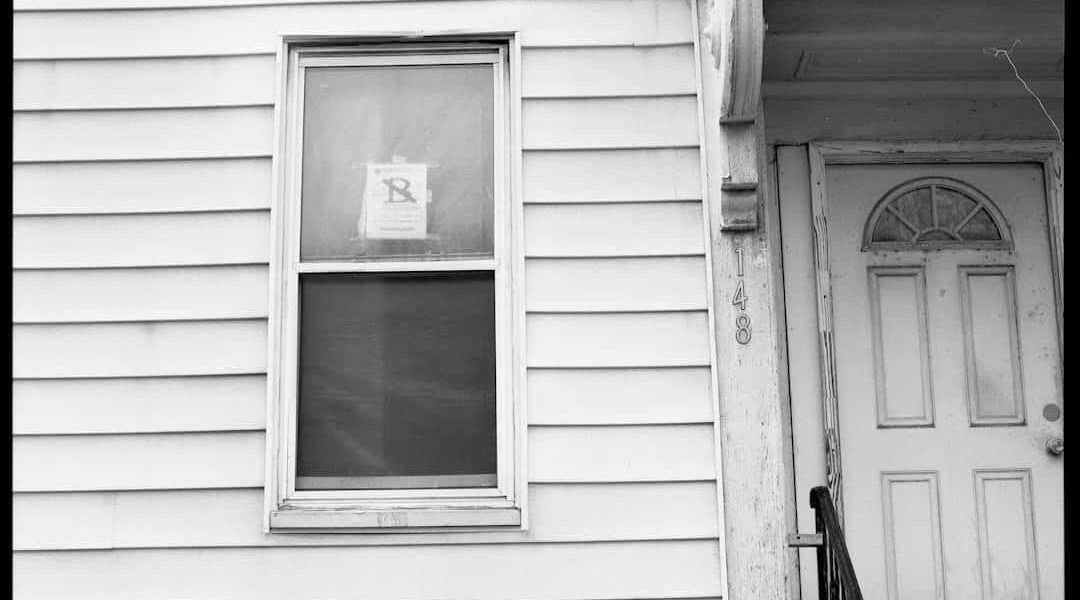When considering how to sell a house with a renter in it, it’s crucial to understand the various ways that tenants can impact the home selling process. First and foremost, having a tenant in your property can create complications regarding showings and open houses. It’s essential to communicate openly with your renter about your intent to sell, ensuring they are aware and prepared for potential disruptions.
Additionally, it’s important to consider the legal aspects surrounding the rental agreement. Depending on the terms of the lease, you may be required to provide notice to the tenant before showing the home or even before putting the property on the market. Here are some key points to keep in mind:
- Lease Terms: Review the lease to understand your obligations and the tenant’s rights.
- Notice Requirements: Most states require landlords to give tenants advance notice before showings.
- Timing: Coordinate showings during times that are convenient for your tenant to minimize conflicts.
Moreover, selling a property with an existing tenant can be attractive to certain buyers, especially investors looking for rental income. By presenting the benefits of maintaining a current tenant, such as predictable cash flow, you may appeal to a broader audience. When it comes to selling your home, we buy houses fast, ensuring a seamless transaction even with tenants in place. For more information on how we can assist you in selling your property, visit sbihomes.com.
Communicating with Your Tenant Before Selling
Effective communication with your tenant is essential when you decide to sell your property. This process begins with being transparent about your intentions. Schedule a meeting with your tenant to discuss the sale and reassure them that you value their tenancy during this transition. Here are some strategies to enhance your communication:
- Be Honest: Clearly explain why you’re selling the property and how it may affect them. Honesty fosters trust and understanding.
- Provide Details: Share information about the selling process, including potential timelines for showings and open houses, so they know what to expect.
- Discuss Showings: Coordinate with your tenant to establish convenient times for property showings. This consideration can create a more cooperative environment.
- Address Concerns: Encourage your tenant to voice any concerns they may have regarding the sale. Addressing their worries can help alleviate anxiety during this time.
Additionally, it may be beneficial to discuss the possibility of extending their lease or transitioning to a month-to-month agreement if the new buyer is interested in maintaining them as a tenant. This flexibility can lead to a smoother sale process and may even enhance the property’s appeal to potential buyers.
Legal Considerations When Selling a Rented Property
When you are navigating the process of selling a rented property, it is crucial to understand the legal considerations involved to avoid potential pitfalls. Here are some key aspects to keep in mind:
- Lease Agreements: Review the existing lease agreement with your tenant. Understand the terms and conditions, including the duration of the lease and any provisions regarding sale or transfer of the property. Your obligations to the tenant must be honored.
- Tenant Rights: Familiarize yourself with local and state laws regarding tenant rights. Most jurisdictions require landlords to give tenants proper notice before showing the property or terminating the lease.
- Disclosure Requirements: Be aware of any disclosure requirements related to the sale. This might include informing potential buyers of the tenant’s rights and the current lease terms.
- Eviction and Notice: If the sale involves evicting the tenant, ensure that you follow legal procedures carefully. Unlawful eviction can result in significant legal repercussions.
Consulting with a real estate attorney can be invaluable to navigate these complexities. They can provide guidance on local laws and help ensure that you are compliant during the sale process. Protecting both your interests and your tenant’s rights is essential for a smooth transaction.
Preparing Your House for Sale with a Renter
Preparing your house for sale while it is still occupied by a renter can be challenging, yet it is essential for attracting potential buyers and achieving the best price. Here are some effective strategies to help you get your property ready:
- Communicate with Your Tenant: Before making any changes, discuss your plans with your tenant. Their cooperation is crucial for showings and any necessary preparations.
- Clean and Declutter: Encourage your tenant to maintain a clean and tidy space. A well-kept home is more appealing to buyers. Consider hiring a professional cleaning service if necessary.
- Minor Repairs: Address any visible repairs that could detract from the home’s value. Fix leaks, replace broken tiles, and ensure that appliances are in working order. This can make a significant difference in first impressions.
- Staging the Home: If possible, stage the home to highlight its best features. This might involve rearranging furniture or adding decorative items. A staged home can help buyers visualize the space better.
- Limit Personal Items: Remove personal items and excessive decorations that may distract buyers. This helps potential buyers envision themselves living in the home.
Ultimately, a well-prepared property can lead to a quicker sale and a higher selling price. Collaborating with your tenant and keeping them informed throughout the process will create a positive experience for both parties.
Marketing Strategies for Houses with Tenants
When it comes to selling a house with tenants still residing in it, implementing effective marketing strategies is vital to attract potential buyers. Here are some key approaches to consider:
- Highlight Rental Income Potential: Emphasize the financial benefits of the property, particularly the existing rental income. Many buyers are interested in investment properties, so showcasing the current rent and tenant reliability can be a strong selling point.
- Use Professional Photography: High-quality images can make a significant impact on your listing. Capture the property’s best features, including spacious rooms and outdoor areas. Ensure that the photos reflect the home’s potential, even when occupied.
- Utilize Online Listings: Leverage multiple online platforms such as real estate websites and social media to reach a broader audience. Ensure your listings include detailed descriptions that mention the tenant situation and any relevant benefits.
- Host Virtual Tours: Offering virtual tours can attract potential buyers who may not be able to visit in person. This allows interested parties to explore the home while minimizing disruption to your tenant.
- Open Houses with Tenant Cooperation: If your tenant is amenable, consider scheduling open houses where potential buyers can tour the property. Make sure to provide ample notice and create a comfortable environment for all parties involved.
By utilizing these marketing strategies, you can effectively showcase your property and appeal to a range of buyers, turning the challenge of selling a house with tenants into an opportunity for a successful sale.
Closing the Sale While Respecting Your Tenant’s Rights
Closing the sale of a house with tenants requires careful navigation of both legal and ethical considerations to ensure that the rights of your tenants are respected throughout the process. Here are some essential steps to follow:
- Review Lease Agreements: Before proceeding with the sale, take the time to thoroughly review the existing lease agreements. Understanding the terms and provisions will help you communicate effectively with both your tenant and the potential buyer.
- Notify Your Tenants: It is crucial to inform your tenants about the sale as soon as possible. Provide them with details regarding the process and their rights. Transparency fosters goodwill and can lead to a smoother transaction.
- Consider Tenant Buyout Options: If your tenant is open to it, offering a buyout can be an effective way to facilitate a sale. This approach can benefit both parties, allowing the tenant to relocate and you to close the sale without complications.
- Coordinate Showings Respectfully: Schedule property showings at convenient times for your tenant. Be respectful of their space and privacy, and ensure you give them adequate notice before visits.
- Consult Legal Professionals: Given the complexities involved, it may be wise to consult with a real estate attorney. They can help ensure compliance with local laws regarding tenant rights and provide guidance on any necessary documentation.
By following these steps, you can close the sale while maintaining a positive relationship with your tenant. If you find yourself in a challenging situation, remember that We buy houses fast, We buy Distressed Properties, We buy ugly houses. We can help you navigate your home sale efficiently!





